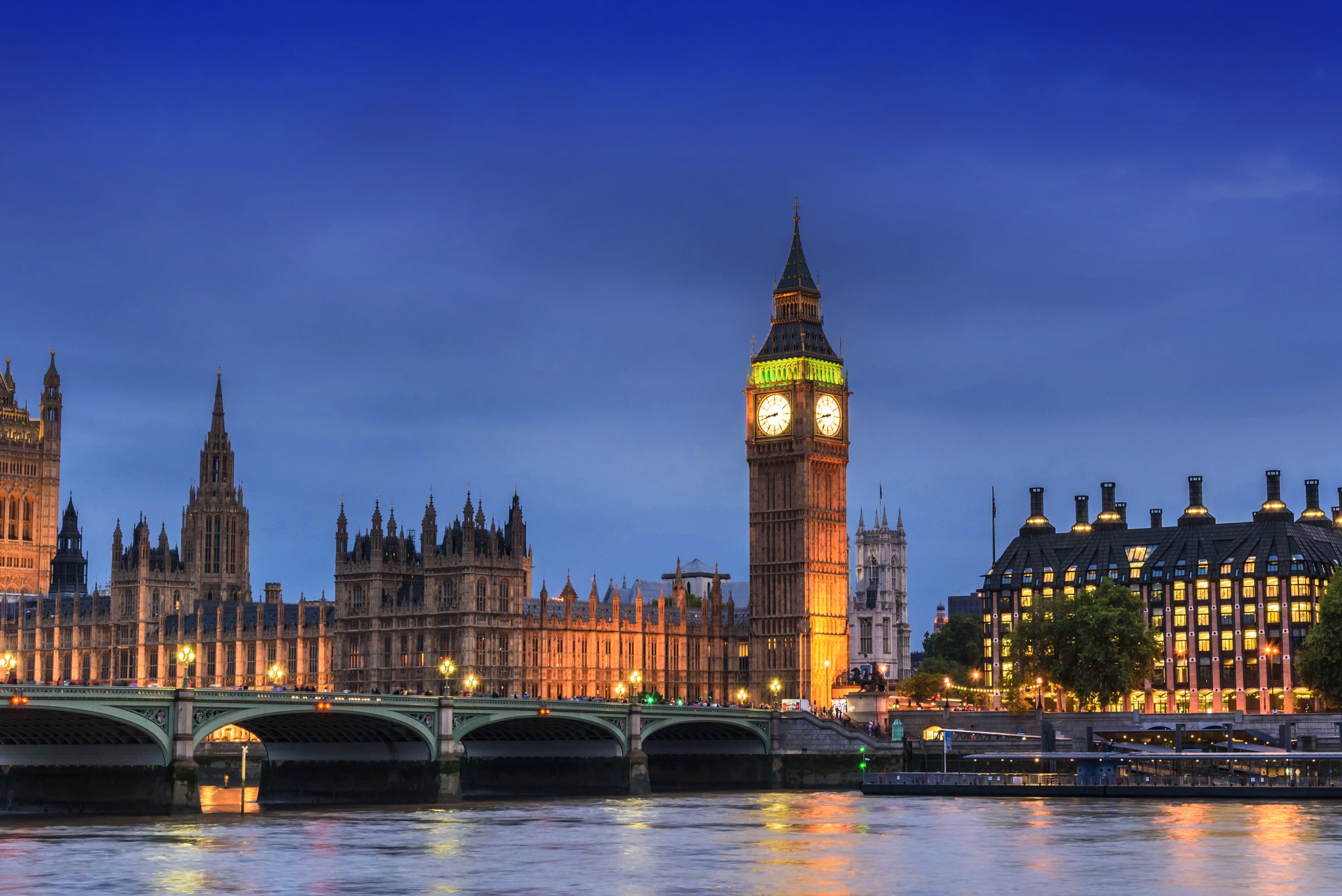
On Monday, the Home Office announced the launch of a new visa that is meant to fix the (huge) labour gap caused by the compounded upheavals of Brexit and COVID: the much-anticipated High Potential Individual visa.
As part of the New Plan for Migration, Home Secretary Priti Patel has long boasted that the UK will only attract the “brightest and best” individuals from abroad. However, since the post-Brexit immigration rules ended on 30 January 2020, and the EU Settlement deadline passed on 30 June 2021 (which does not mean you cannot make a late application!), that has been mostly talk and very little action. In reality, professional fields that typically recruit heavily amongst a steady stream of incoming EU workers, especially recent graduates, have struggled to fill positions.
The High Potential Individual visa allows graduates from select universities around the world to apply to come to the UK under a new visa scheme. Crucially, applicants will not need a job offer in order to apply. All they need is a degree from a set list of 37 universities deemed “top” institutions. For 2021, 20 schools on the list are US universities, and three more are from Canada, leaving 15 spots for the rest of the world. Though a variety of countries fills those 17 spots (Japan, China, Singapore and Switzerland get two schools), and Sweden, Australia, and Hong Kong each get one), no schools in Africa, Latin America, or South East Asia made the cut. And even in Europe, the selection is very limited.
Successful applicants will receive a work visa for two years if they hold a bachelors or masters degree and three years if they have a Ph.D. The degree must have been awarded within the five years prior to applying for the visa, as the UK is trying to attract people early on in their careers. Those who receive the visa will be allowed to bring dependants / family members with them. Importantly, the visa does not lead to settlement directly, but the expectation is that once the individual is working in the UK they will then be able to stay by switching into a different visa route.
The visa requires applicants to pay the immigration health surcharge (£1248 for two years) in addition to an application fee of £715 and a £210 fee to check that the foreign qualification is valid – so the price tag is pretty steep, though the Home Office might imagine that this is not a problem for graduates of Columbia University and the likes.
Since the Home Office announcement, some obvious criticisms have already been made, including that the school list is elitist and unfairly skewed; it is expected that other countries will lobby the government to include their universities. Whether that will happen, and whether it will make the list more balanced, remains to be seen.
If you need legal advice you can contact us directly here, call us on 020 8142 8211, or send us a question on WhatsApp.
Need legal assistance with your immigration journey to the UK?
If you need legal assistance, or have any questions, get in touch with us via the contact from below.

Categories: Business MigrationImmigration News
